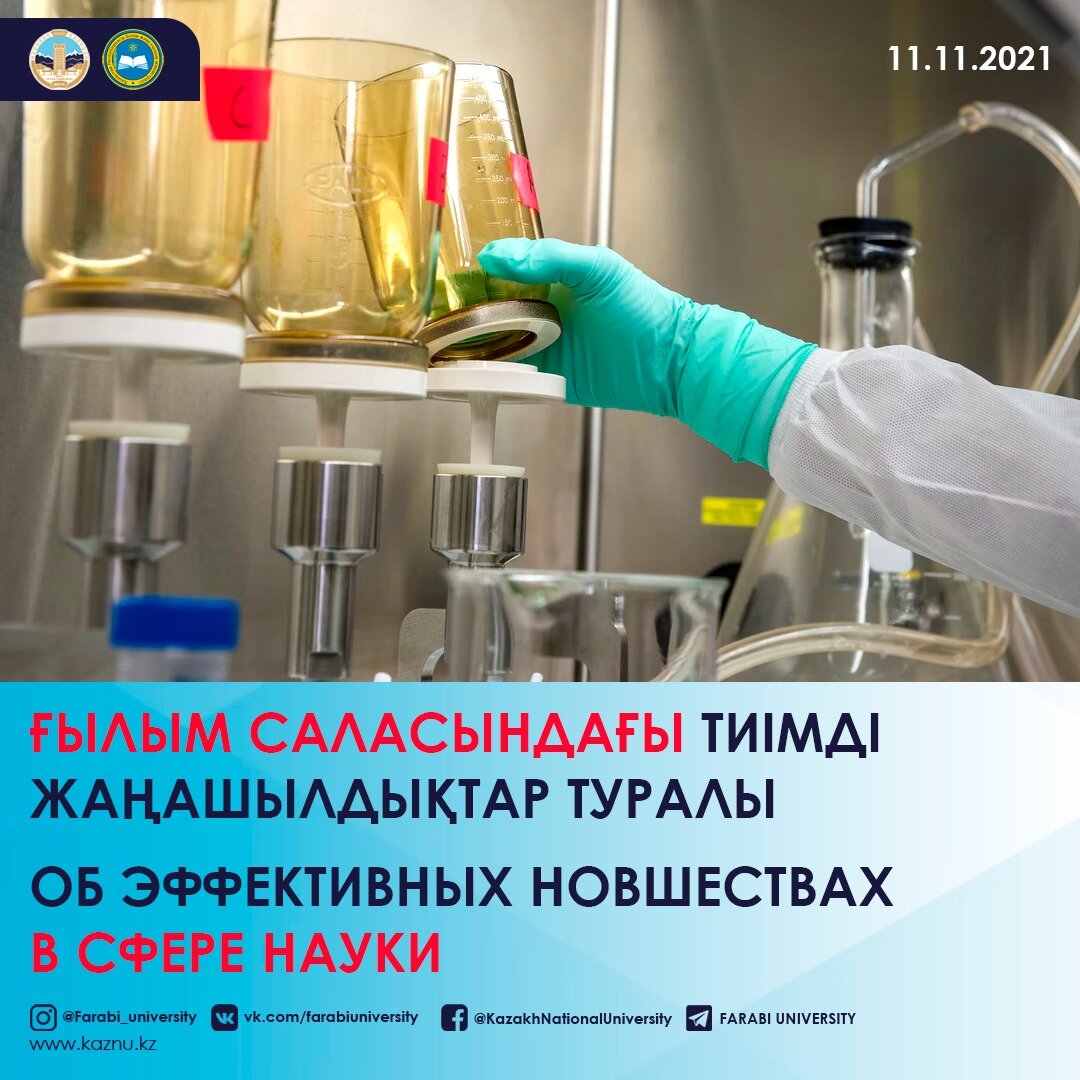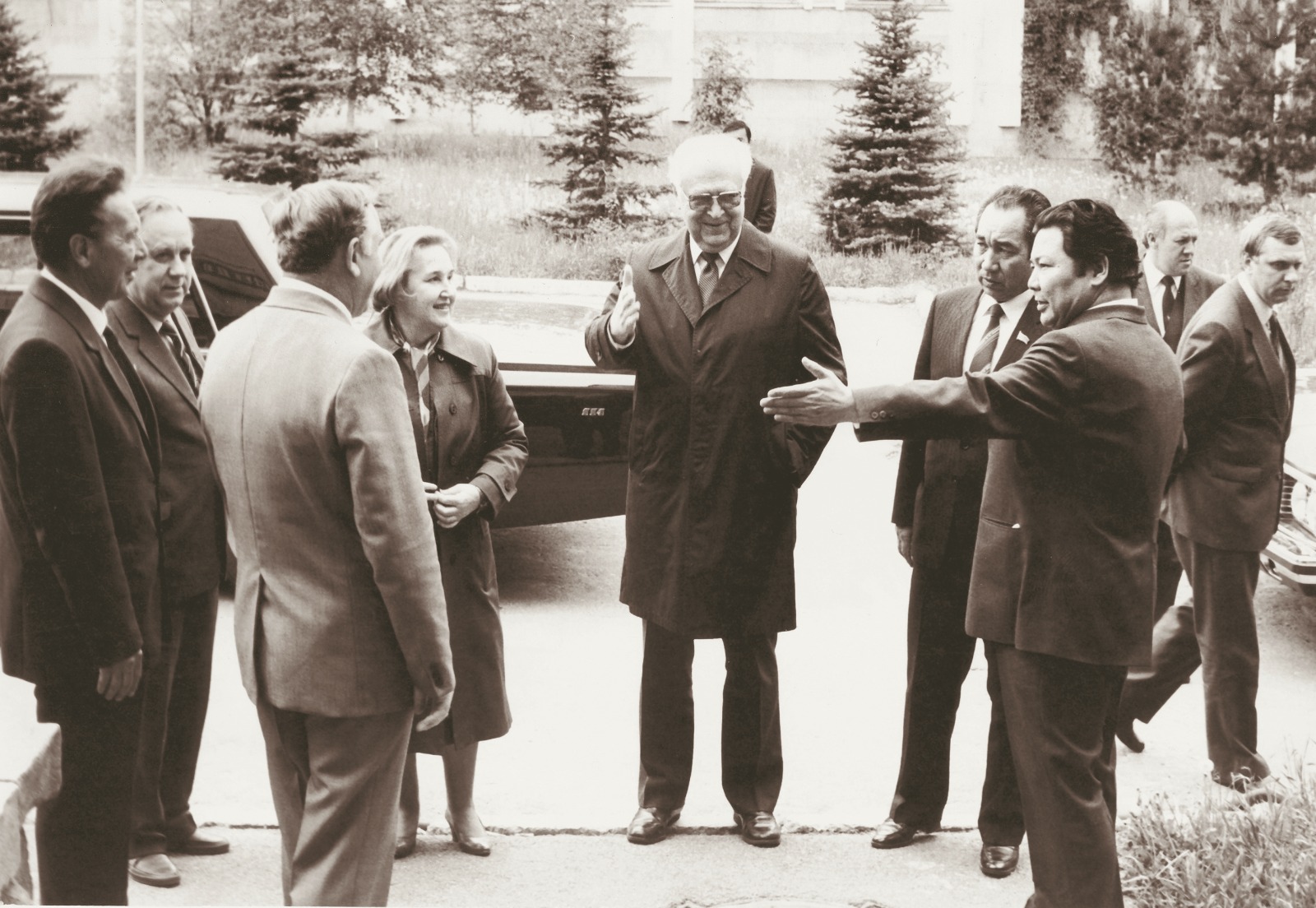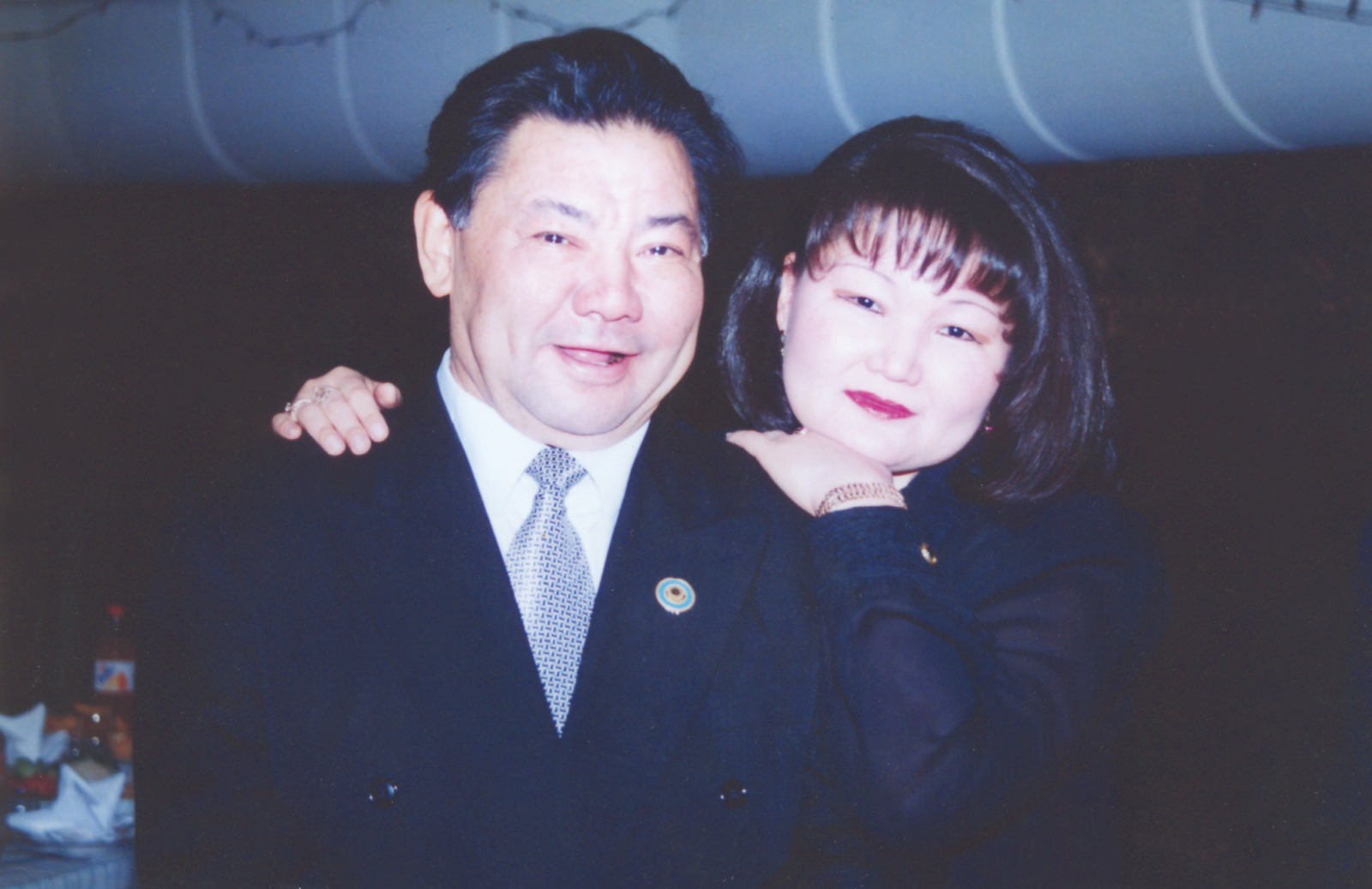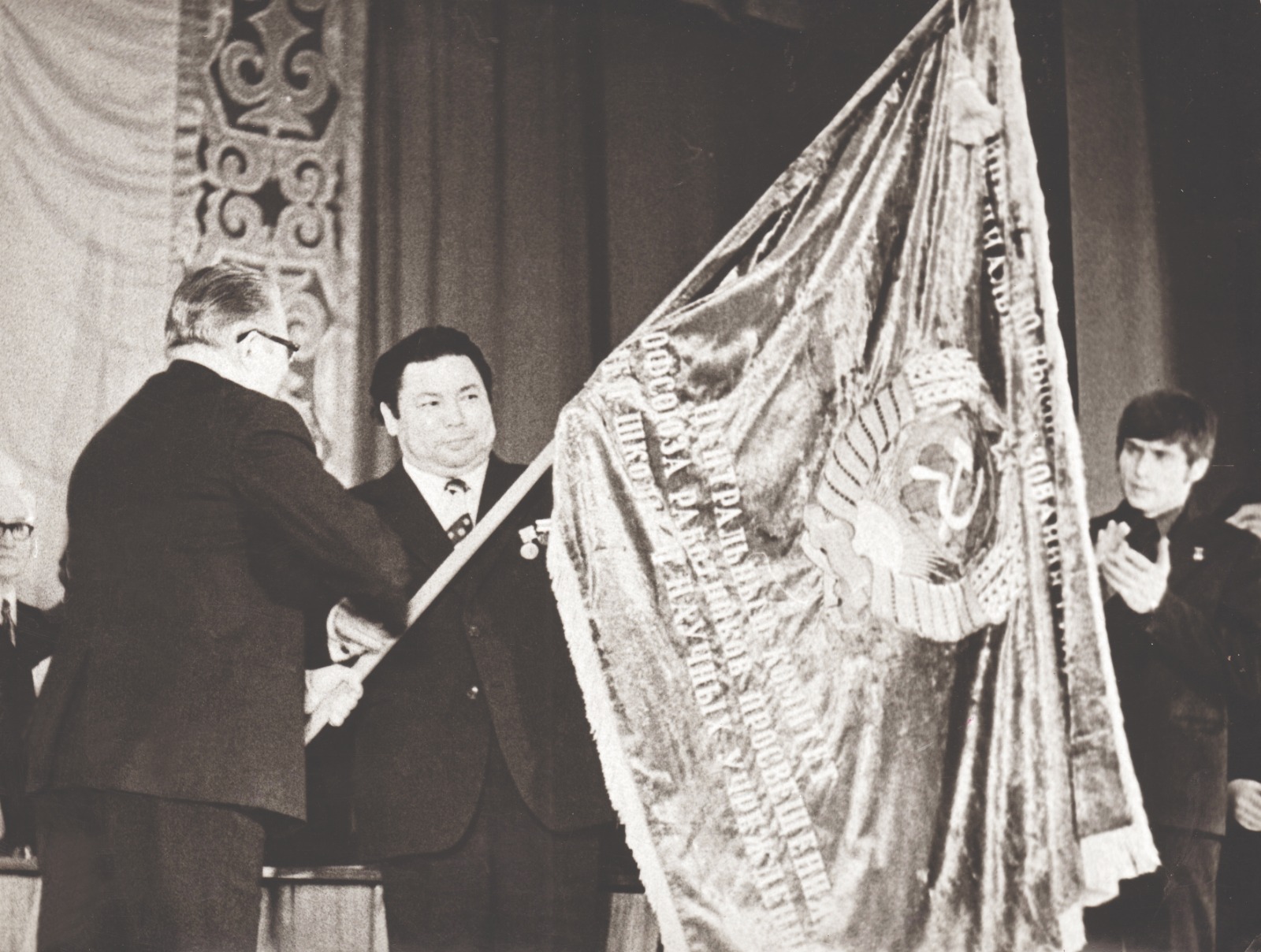ABOUT EFFECTIVE INNOVATIONS IN THE SPHERE OF SCIENCE

To solve the accumulated problems in science, the Head of State was instructed to amend the legislation on science by the end of the year. In particular, to include the salaries of scientists in the basic funding, to introduce direct funding for scientific institutions engaged in fundamental research, to extend the funding period for scientific research to five years, and to create an institute for appeals of the decisions of the National Tax Service. Thanks to the support of the Head of State K.K. Tokayev, it became possible to resolve all these issues.
Not so long ago I published a separate post about this initiative.
At the same time, we still faced such tasks as simplifying the procedures for financing, reporting, removing bureaucratic barriers and creating a favorable, comfortable environment for scientists to realize their ideas and potential.
We have repeatedly discussed these issues with the scientific community, passed projects of planned changes to the normative legal acts through a sieve of expert discussions and public discussions.
As a result, at the end of October, by the decrees of the Government of the Republic of Kazakhstan, amendments were made to three key RLA - the Regulation on National Scientific Councils, the Rules for the Organization and Conduct of State Scientific and Technical Expertise, the Rules for Basic, Grant, Program-Targeted Funding.
What changed?
1. Now there is no need to submit interim reports on projects receiving grant funding for a period of more than 12 months. And if earlier it took about four weeks for project managers in October-November of each year, taking into account the bureaucratic norms of the state standard, to submit interim reports on grant financing, now it is enough to spend no more than half an hour on filling out a questionnaire with brief information about the project without writing and submitting a massive 40-page report.
2. The timing of the tender procedures, including all stages, from the publication of the announcement to the adoption of a decision, has been reduced from 145 working days to 92.
3. The number of annexes to competitive applications has been reduced from twelve to five (plans are to be reduced to one).
4. The formal check will correspond to its name, that is, if force majeure arises when submitting an application, then within three days it will be possible to change almost everything, except for the applicant organization.
5. A separate NNS for the commercialization of the RNNTD is being created, which will mainly include representatives of the real sector of the economy, venture business, marketers, risk managers, participants in large investment projects, financial experts, etc.
6. The Code of Ethics of the NSC members was approved, violation of which is already the basis for exclusion from the council.
7. The NNS will now have more scientists (more than 50%). Previously, according to the position, there were more representatives of state bodies, public associations, etc. in the composition of the NNS, which in some cases made it difficult for the NNS to work.
8. Scientists have been given tangible financial freedom. So, in the case of savings and (or) the remainder of unused funds for the project, the scientific advisor has the right to independently redistribute funds for labor remuneration, other services and work, the purchase of materials and equipment, rent, operating costs for equipment and technology. Previously, scientists were forced to contact the NNS for every little detail.
This very important package of amendments has already been adopted and is coming into effect.
But even that is still not enough.
The Science Committee was instructed to develop and introduce another package of changes aimed at transferring most of the processes to an electronic format, carrying out a complete reengineering of all processes and public services, and also reducing the time required to complete the procedures.
Ministry of Education and Science of the Republic of Kazakhstan



